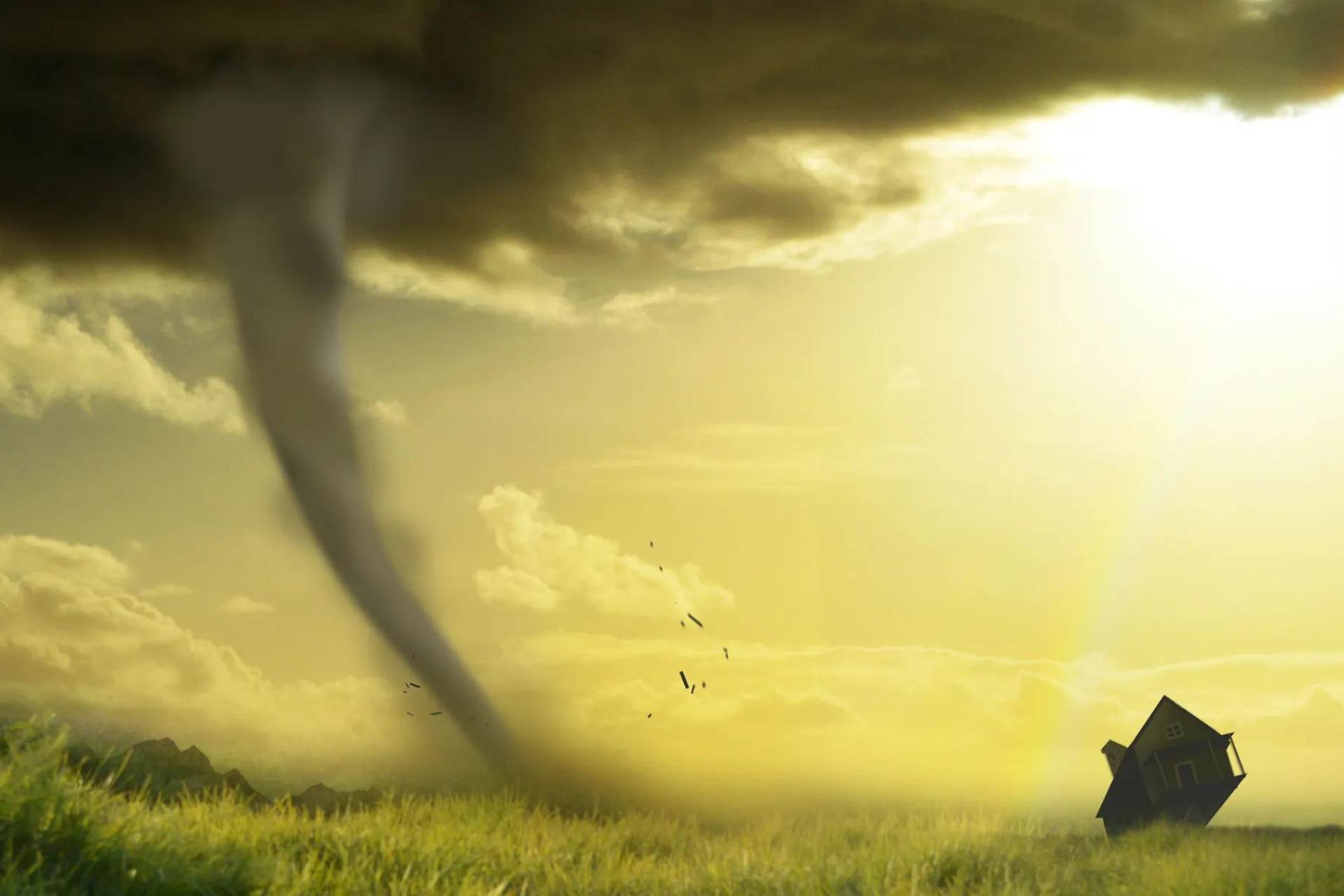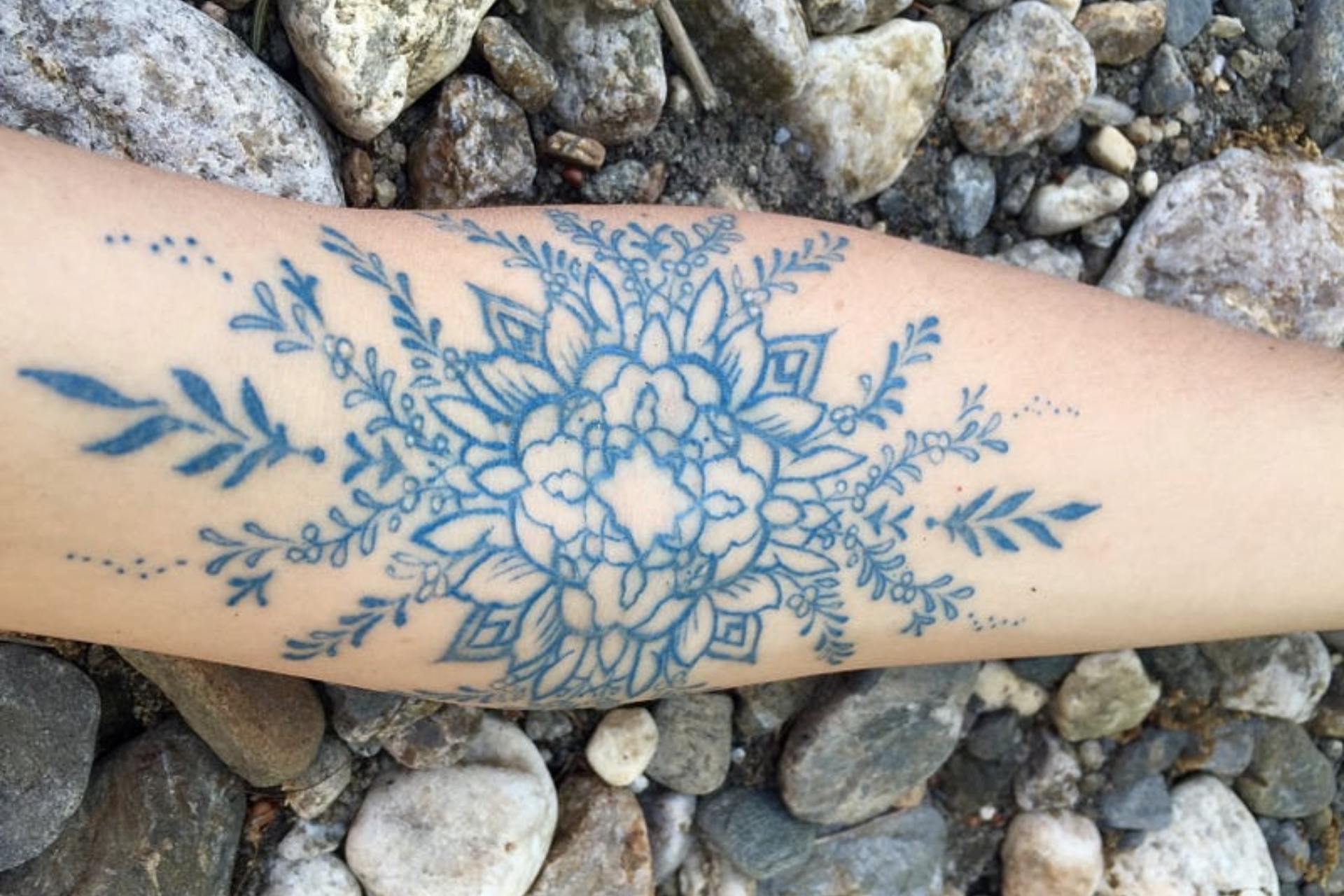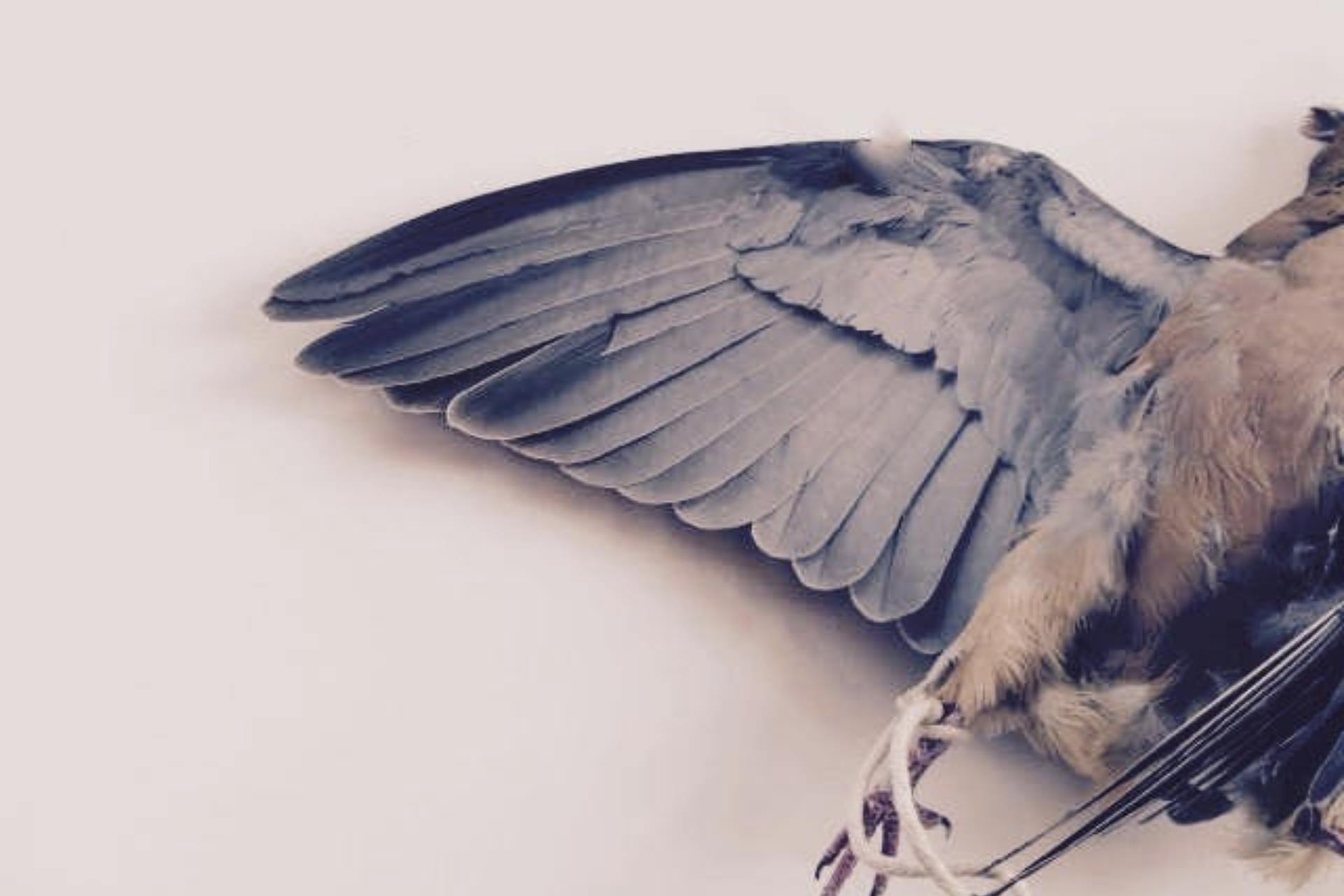It was the type of abandon unique to crisis and duress — when going kamikaze seems like a sound and wise decision.

When I reentered the dating scene at 42, I felt like Rip Van Winkle. Like I had been sleeping for the entirety of my marriage and that, upon my waking, found everyone in my orbit had grown a little fatter, greyer, balder, and a tad more jaded. It was hard to fathom because it inferred I was also fatter, grayer, and jaded, and I felt somewhat sure that was not the case.
During my decade-plus of marriage, I was in the married club. A fellowship that anoints its members with the perfume of oxytocin — the cuddle hormone — and promises you’ll have built-in plans every weekend. It’s a club as comfortable as warm footie pajamas where reliably timed heart emojis and exclusive potluck dinners with fellow couples take the place of more carnal delicacies, like licking ice cream off of your lover’s pubis or tangoing naked to Led Zeppelin. Long haulers inhabit the married club —folks who value commitment and security, who choose we over me. If you are a card-carrying member, it acts as an insurance policy. It affords you ample benefits like having someone that will carry in the groceries when you’re spent, who will squeeze those unreachable blackheads on your back, who will take you as their burden, and, in turn, burdens you. It’s a pact, and you get what you give.
The Divorce Club is an entirely different enitity, and unless you have experienced divorce midlife, it’s hard to fathom the mishmash of insanity and loveliness it serves up. We are a band of gypsies who simultaneously crave domesticity and shun it. Who value autonomy and, in turn, the freedom to pick our poison(s). We are survivors, most of us have come out of something we never wish to return to, so we make promises to ourselves and relish what not everyone gets; a second opportunity to re-write one’s life story from their adult self. We are uniquely plugged into the dilemmas of aging and the reality that coupling does not guarantee that you will be cared for when you’re old. We know that love ends one way or another, that people become decrepit, die, and can let you down.
When I began my foray into online dating, I felt woefully ill-prepared. It took me months to hit my stride and thicken my skin. To not shut down the whole thing and delete my entire profile. Undoubtedly, there are creepy people in this world, and online dating is a window into that creepiness. It’s a landscape littered with characters as varied as Oz, where many are searching for a heart or flexing courage muscles that atrophied in a sexless marriage. There are the sweet and well-intentioned scarecrows — people who don’t appear to have an ounce of hay stuffed into their heads, but boy, do they have beautiful blue eyes. And there is the Wizard’s curtain, which we all sit behind. In virtual dating, you can be anyone. You can show up as yourself or present as an entirely different persona. You are omnipotent, and you have the power to delete another, snuff them out like a misordered pair of socks on Amazon — pick another person off the shelf.
I crafted my online dating profile thoughtfully — mixed it up with humor and wit. There was the photo of me smiling giddily next to the original Dr. Teeth puppet at the Jim Henson Museum in Atlanta; he’s beaming his flashy gold-toothed grin and decked out in fuzzy muppet drag laced with feathers and diamonds. There was a picture of a seven-layer cake I made for my daughter’s twelfth birthday. The one that took me nine hours to complete. I layered it with crushed hazelnut brittle, dark chocolate ganache, and banana cake dolloped with custard. I added my favorite quote by Thich Nhat Hanh, the one about our actions being our only true possession, and uploaded a photo of my cyan blue honey bee tattoo — my arm draped artfully against a backdrop of river rock. I wanted my profile to attract and repel — to summarize my essence and portray me as a carnivorous flower, a nerdy artist, an old soul, a feminist who suffered no fools.

It’s an entirely vulnerable affair to make yourself an item on a platform that promotes both scarcity and abundance. To believe you can compete with hundreds of others when a prospective match pulls the slot machine lever via a click of their laptop mouse. You can’t help but be aware that your face will appear next to two dozen options assembled in a grid composed of people with similar demographics, like those terrible classroom photos you posed for in kindergarten. At its worst, it can feel like a giant cesspool of people liking people who reject them because they like other people, and it calls to mind Peter Gabriel singing Hans plays with Lotte. Lotte plays with Jane. Jane plays with Willy, and Willy is happy again. Though I’m fairly sure he was not talking about online dating when he wrote Games Without Frontiers.
A glance at the Pew Research Center’s data profiling single Americans shows that 23% of us are single between 40–49. This number increases to 28% when you hit 50 and plateaus at a whopping 36% when you graduate to your retirement years. Of singles in my demographic — people in their fifties widowed or divorced; just under half are looking for a long-term partnership. In summary, a little less than a third of us will find ourselves in the divorce club at some point during the second half of life, and finding a new partner is a numbers game.
I’ve never succumbed to a scarcity mentality, and I try to remember this with online dating. When I first met with my divorce attorney, Valerie, after crunching some numbers, she promptly informed me my situation was, in fact, grave. That my husband and I collectively owed six hundred thousand dollars and that I should put my daughter in daycare, close my private practice, get a full-time job, and sell the house. I was making just above the poverty level; my parents had subsidized me that year to be home half-time with my baby. It was a real-life movie moment, and I’m sure my response sounded reckless. I informed her that I would keep my home, only go to the office three short days a week, replace my husband’s income with my own, and build a specialty group practice that would someday (hopefully) spare others of the trainwreck that was my life.
It was the type of abandon unique to crisis and duress — when going kamikaze seems like a sound and wise decision. What Janis Joplin speaks to when she belts out freedom’s just another word for nothing left to lose —And I succeeded.
I’ve tried to remember this when I feel disheartened with the dating scene. As a couples therapist and relationship expert, I understand that finding a compatible mate can take years and that love characterized by mutuality, sparkly kindred play, and a soulful connection is akin to the elusive unicorn. I’ve erred towards discerning. My work continually reminds me that being alone in an unhappy marriage is far worse than being alone and single and that each of us — married or not — is inherently lovable and broken beyond measure.
I’ve also learned that if you’re going to persevere in online dating, you must develop a tolerance for getting hit unexpectedly with a myriad of emotions on any given day. There are weekends when I feel deep despair. Like every man within 100 miles of me can’t construct a thoughtful sentence and doesn’t read my profile. I weed through their photos, and my heart sinks as I land on yet another picture of a 50-year-old boy proudly holding a perch dangling from an invisible thread; he’s hiding his face behind sunglasses and his bald head under a baseball cap. Some people don’t take the time to load their image upright; they seem to believe that a sideways portrait of them shirtless in a poorly lit bathroom mirror will be enticing. Others more subtly miss the mark: they want polyamory, and I want monogamy, or they’re too newly separated and still licking their wounds.
Occasionally, I get a thoughtful letter from someone too far away, an entrepreneur on the tip of Long Island or a cabinet maker in the mountains of Tennessee. I have no desire to have a long-distance relationship, but in the world of midlife singlehood and online dating, we get connections where we can. We get fed by a tribe of people, and for this, I’m grateful.
One of the significant advantages of singlehood is that you learn to cultivate a diverse clan; you don’t put all your eggs in one basket. I find tremendous comfort in this. In my previously partnered life, my spouse was it. They were my date for the weekend, my best friend, my worst enemy, my roommate, and my sole confidant. Esther Perel, a Belgian psychotherapist who explores the tension between the need for security and freedom in human relationships, speaks to this in her book Mating in Captivity.

This brings me back to that guy in Long Island, the one who told me reading my profile was a delight, that it was layered, like my cake. He and I will likely never meet, but maybe we’ll speak on the phone or have a video date. We will connect as two distant strangers who share a core human emotion that we all must navigate: Loneliness. We’ll likely “get” each other because we are in the same club—A tribe of tattooed scavengers who have mastered the art of melding dung to feathers — a band of nomads, ravens, and heretics who hover between scrappy and soulful — who happily fly alongside Icarus, broken wings and all. And it calls to mind Jack Gilbert’s Failing and Flying; a poem recited to me by a stranger, a landlocked sailor tethered to the Green Mountains of Vermont by his sole teenage daughter finishing high school. We met for dinner late one August and spent the night scantily clad and embracing.
Everyone forgets that Icarus also flew
It’s the same when love comes to an end,
or the marriage fails and people say
they knew it was a mistake, that everybody
said it would never work. That she was
old enough to know better. But anything
worth doing is worth doing badly.
I did not choose the divorce club; it’s not what I asked for when my husband left. But looking back at the company I’ve encountered through the years, there is no doubt these are my people. What we share beyond our common humanity is a visceral knowing that suffering is here to stay. That loss is inseparable from life. That loneliness is both holy and abysmal and that grief is, in turn, the most sacred and honest response to joy. We are all wretched and omnipotent, sitting in the sun and soaked to the bone.
